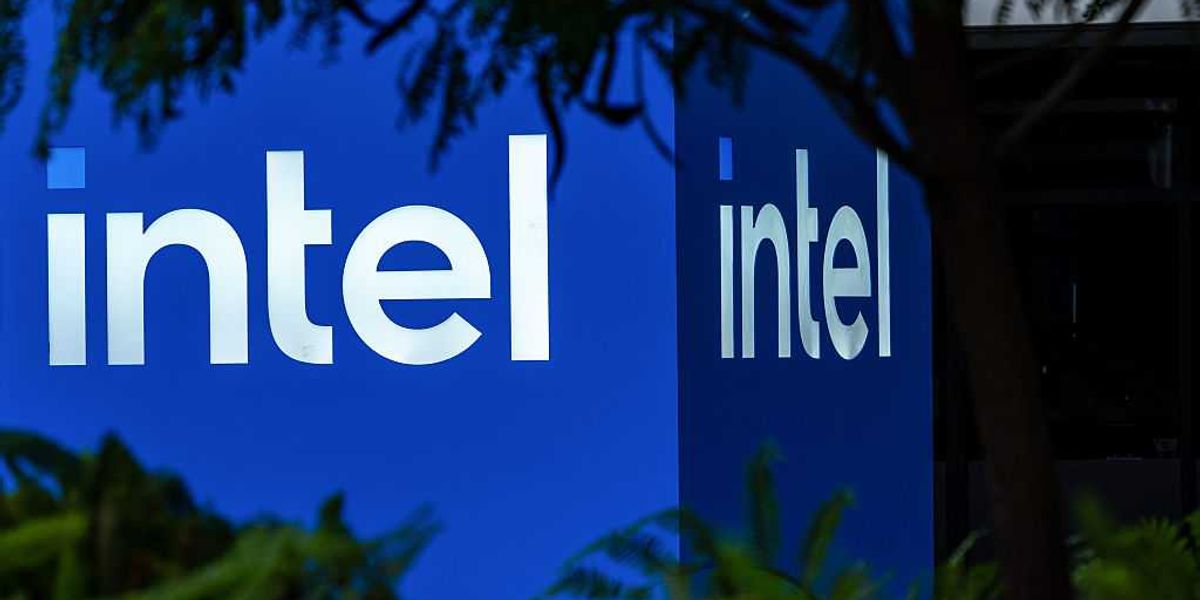

The Trump administration has negotiated a 10% federal stake in Intel in exchange for the disbursement of $8.9 billion of grants originally allocated by Biden’s CHIPS and Science Act.
First, let me offer a disclaimer: I disapprove.
If companies don’t want their equity diluted, then they should not have the option of taking taxpayer money.
Not of the Trump administration’s negotiation — but of the fact that this money was ever appropriated in the first place. The CHIPS Act was a redistribution of wealth from taxpayers to corporations. What Trump and Treasury Secretary Scott Bessent are doing is simply making the best of a bad deal.
If Intel had raised this capital on Wall Street, it would’ve had to sell debt or dilute its shareholders. This is not popular among free-market conservatives because this is not how capitalism is supposed to work.
In free-market capitalism, Congress would never have appropriated $8.9 billion to Intel. Therefore, we are no longer talking about free-market capitalism. If Intel is accepting capital injections, its existing shareholders deserve to have their equity diluted.
Moreover, the government’s 10% share of Intel will be nonvoting stock. The federal government will not have management control. It will just hold a passive ownership share — something it can sell down the line to recoup what taxpayers were forced to spend.
The core issue of this deal is the redistribution of wealth from taxpayers to corporations. Yet much of the pearl-clutching among “free-market” conservatives is about the stock ownership, not about the massive taxpayer grants to corporations.
“Not long ago,” the Wall Street Journal groaned, “it would have been hard to imagine a Republican president demanding government ownership in a private company, but here we are.”
Oh, please. Before George W. Bush, I couldn’t imagine a Republican president bailing out Wall Street either. But the Journal didn’t seem to mind when its banking buddies got billions in bailouts with no strings attached, which was also footed by “we, the taxpayers.” That is much more offensive to me than the taxpayers taking a nonvoting equity share of a company that is appropriated by my tax dollars.
The Journal forgets how “principled” conservatives defended Bush’s $700 billion handout to the very institutions that caused the 2008 financial crisis. In return, those banks gave the government preferredstock, which didn’t have voting rights either — but did give the government first dibs on dividends and liquidation. That’s ownership.
Even better, Bush’s Treasury also demanded warrants — rights to convert into common stock down the line. If Trump had exercised those warrants in his first term, the federal government could have taken actual equity in Goldman Sachs, JPMorgan Chase, and the rest.
RELATED: Corporate America is eating its seed corn — and our future
 Photo by Kwangmoozaa via Getty Images
Photo by Kwangmoozaa via Getty Images
National Review is up in arms too. Its editorial board — which tried to get us Hillary Clinton, Joe Biden, and Kamala Harris — scolded Trump’s plan like it was some socialist scheme:
Looking at that sad situation, the Trump administration wants a piece of the action. Rather, it wants to use your money to get a piece of the action.The White House said it was entertaining the U.S. taking a 10 percent stake in Intel, a roughly $10 billion investment at the company’s current valuation. A government $37 trillion in debt and running a $2 trillion deficit has no business playing investment manager with even more borrowed money. And the idea that what Intel really needs to fix its long-running problems is the managerial genius of the federal government is laughable.
That is deeply dishonest. Trump and Bessent negotiated about money already allocated to Intel by Congress under Joe Biden. They did not propose new spending. What’s more, the 10% equity stake does not give the Trump administration governance rights over Intel.
We’ve seen this play before with EV handouts. In 2024, the Department of Energy approved an $80 million grant to Blue Bird to manufacture electric school buses. Trump froze those appropriated funds. Sen. Jon Ossoff (D-Ga.) threw a fit, demanding the money get released.
If Blue Bird gets that $80 million, then taxpayers should have an equity share in Blue Bird, and the ownership of its current stockholders should be diluted accordingly. This isn’t a free market. It’s crony capitalism — or worse, corporate communism with the redistribution of wealth from taxpayers to publicly traded companies. If they don’t want their equity diluted, then they should not be taking taxpayer money.
I’ll let Commerce Secretary Howard Lutnick have the final word. “We should get an equity stake for our money,” he told CNBC’s “Squawk on the Street.” “So we’ll deliver the money, which was already committed under the Biden administration. We’ll get equity in return for it.”
.png)
 2 hours ago
1
2 hours ago
1
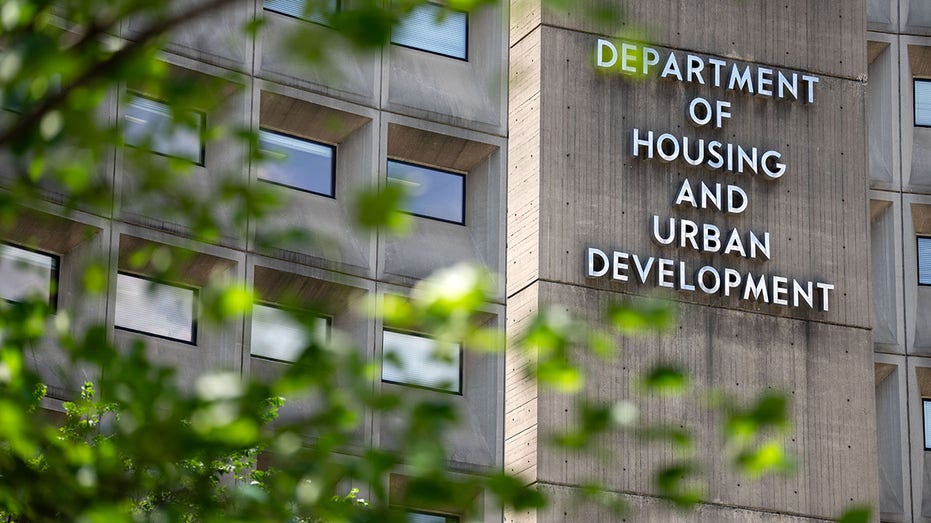
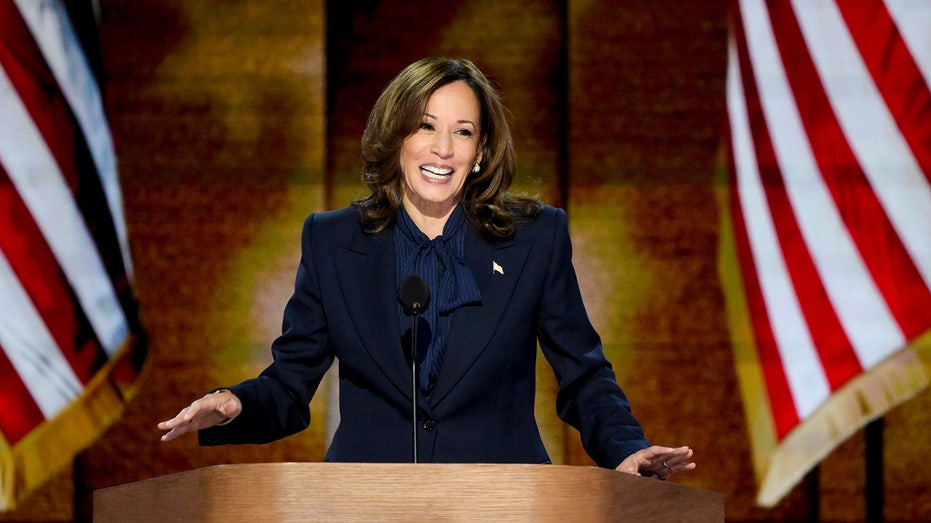
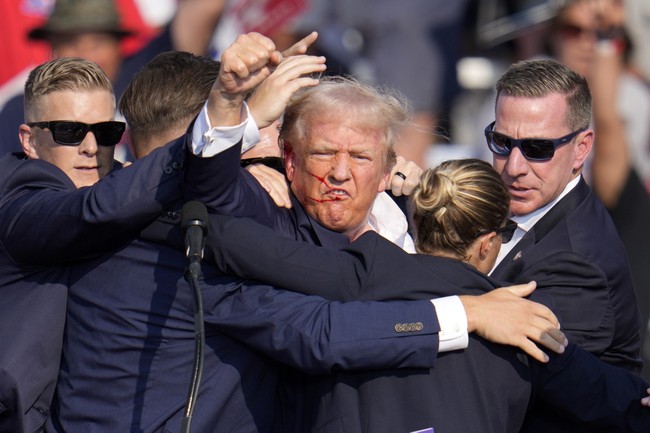
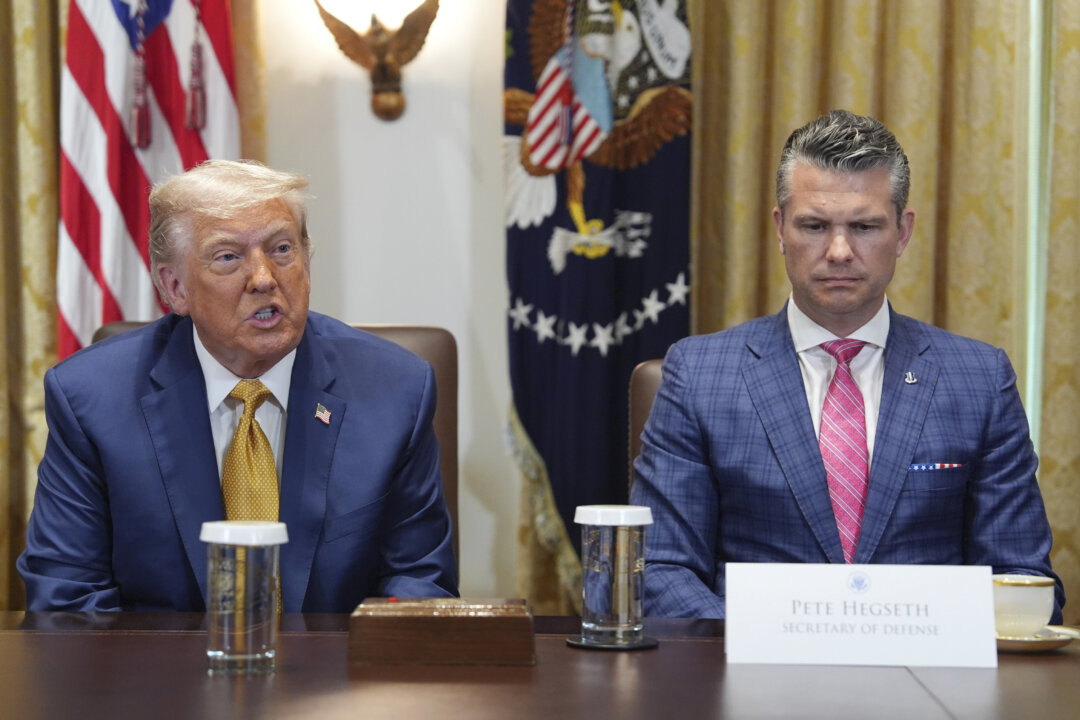
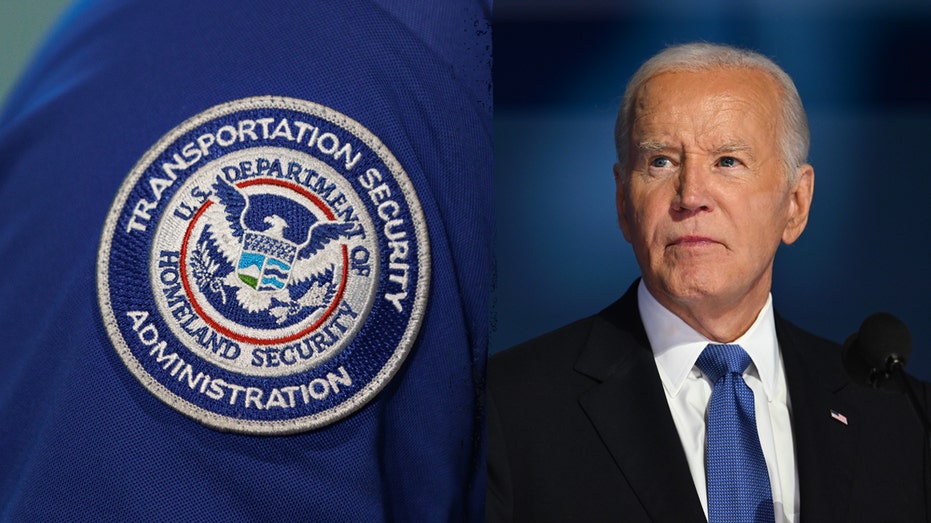

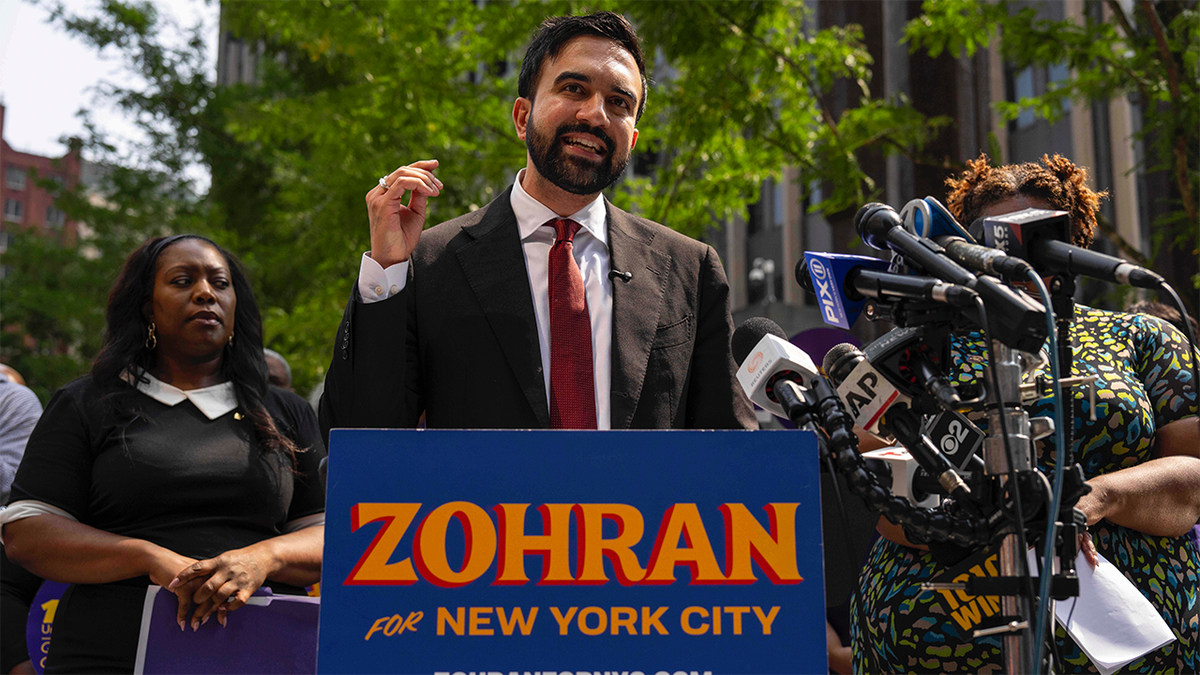
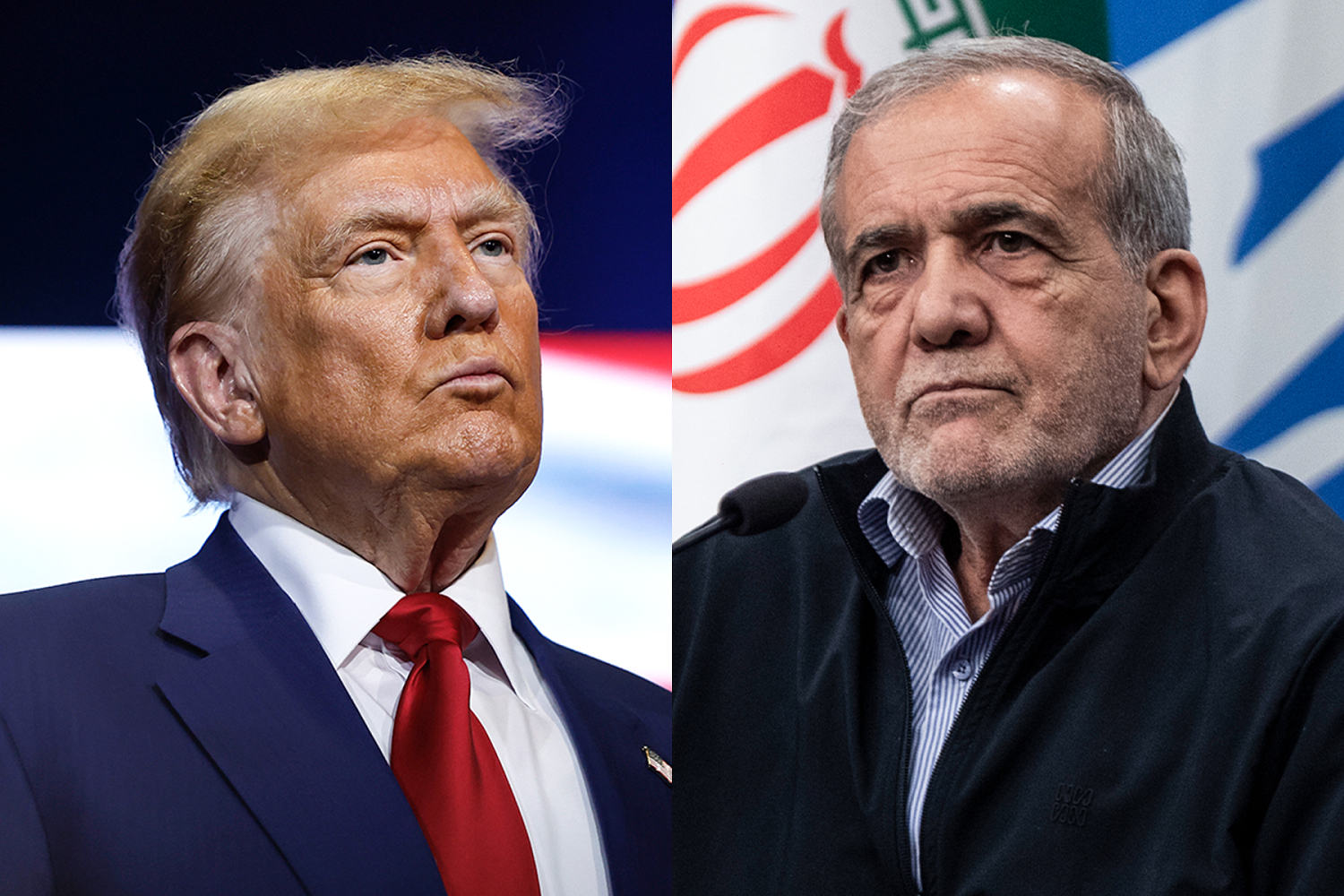




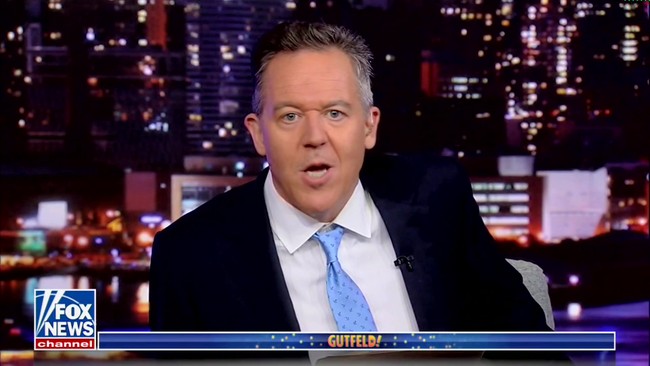


 English (US)
English (US)